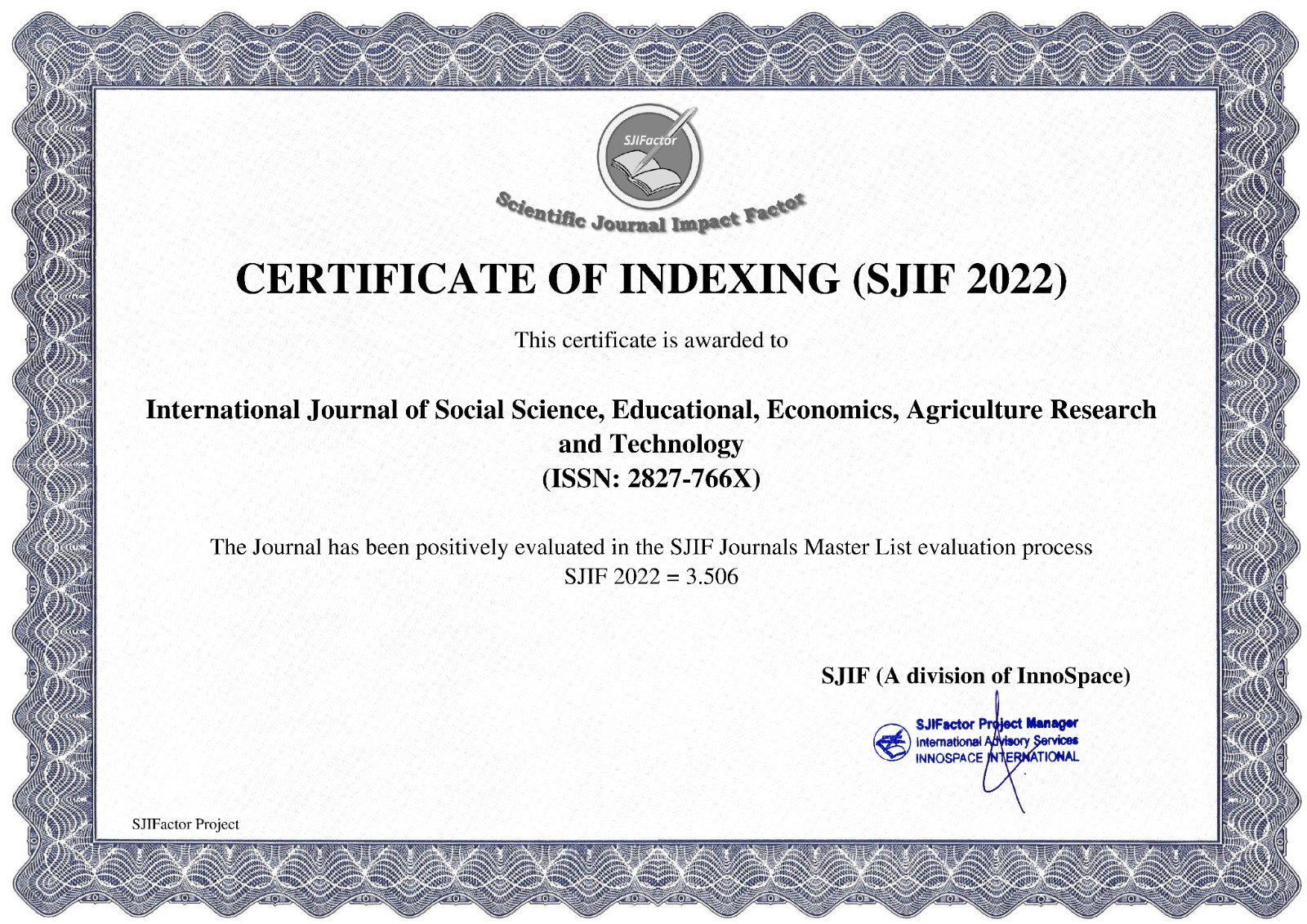LEGAL ANALYSIS OF THE IMPACT OF SINGAPORE'S VISA-FREE VISIT (BVK) AND PERMANENT RESIDENCE (PR) POLICIES ON THE SECURITY AND ECONOMIC STABILITY OF BATAM CITY (A RESEARCH STUDY IN BATAM CITY)
Main Article Content
Iwan Sahat Maruli Simanjuntak
Erniyanti
Dahlan
The Visa-Free Visit Policy (BVK) granted to foreign nationals (WNA) holding Singaporean Permanent Resident (PR) status, as stipulated in Presidential Regulation No. 95 of 2024, is part of the national strategy to encourage foreign tourist visits to Indonesia, including to Batam City as a strategic border region. However, this policy also has significant legal implications for security stability and local economic dynamics. This study aims to analyze the legal arrangements of the BVK-PR policy, its implementation in the field, and its impact on the security and economy of Batam City. The research methods used are normative legal and empirical legal, with a regulatory and sociological approach. Data was obtained through legal document studies and interviews with immigration officials, police, customs, and the Batam City Government. The theories used include John Rawls' Theory of Justice (grand theory), Lawrence M. Friedman's Theory of the Legal System (middle theory), and Sudikno Mertokusumo's Theory of Legal Certainty (applied theory). The research findings indicate that while the BVK and PR policies contribute to increased tourist mobility and economic activity, they also result in a decrease in state revenue from the visa sector and an increase in security risks such as smuggling and human trafficking. Implementation challenges were identified in the areas of ambiguous norms, weak oversight, and low legal awareness among the public. It is recommended that the BVK policy be revised with a selective approach, accompanied by strengthening inter-agency oversight structures, and legal education for local communities to maintain a balance between economic benefits and national security protection.
Herman Siregar, Kebijakan Imigrasi dan Diplomasi Negara, Jakarta: PT Grafindo, 2020, hlm. 45
Dwi Santoso, Geografi Ekonomi Indonesia, Surabaya: Universitas Airlangga Press, 2018, hlm. 112.
Yusuf Aditya, Dampak Kebijakan Perbatasan di Indonesia, Jakarta: PT RajaGrafindo Persada, 2020, hlm. 67.
Linda Tan, Singapore’s Immigration Policy and Economic Development, Singapore: World Scientific, 2018, hlm. 35.
Siti Nurhaliza, Kebijakan Bebas Visa dan Pariwisata, Jakarta: Kencana, 2018, hlm. 45.
Aditya Nugraha, Hukum Imigrasi dalam Era Globalisasi, Jakarta: PT RajaGrafindo Persada, 2019, hlm. 45.
Rudi Pranoto, Pengelolaan Kebijakan Imigrasi dalam Dinamika Internasional, Bandung: Alfabeta, 2021, hlm. 123.
Dwi Rahmawati, Hukum Keimigrasian Indonesia: Regulasi dan Implementasi, Surabaya: Airlangga University Press, 2018, hlm. 67.
Muhammad Ridwan, Hukum Keimigrasian Indonesia: Analisis dan Praktik, Jakarta: Kencana, 2018, hlm. 67.
Dwi Purnomo, Kebijakan Imigrasi dan Dinamika Keamanan Nasional, Surabaya: Airlangga University Press, 2021, hlm. 112.
Indriati Susilo, Human Trafficking di Wilayah Asia Tenggara, Jakarta: Kencana, 2019, hlm. 88.
Rian Prakoso, Pencucian Uang dan Pengawasan Keuangan Lintas Negara, Surabaya: Airlangga University Press, 2020, hlm. 102.
Fachrizal, et al. “Pemanfaatan Teknologi dalam Pelayanan Publik.” Penerbit Widina, Jakarta, 2023, hlm. 39
Bambang Sugono, Metoda Penelitian Hukum, Jakarta: Raja Grafindo Persada, 2021, hlm. 29.
Irawan Suhartono, Metode Penelitian Sosial Suatu Teknik Penelitian Bidang Kesejahteraan Sosial lainnya, Bandung: Remaja Rosda Karya, 2019, hlm. 63.






















